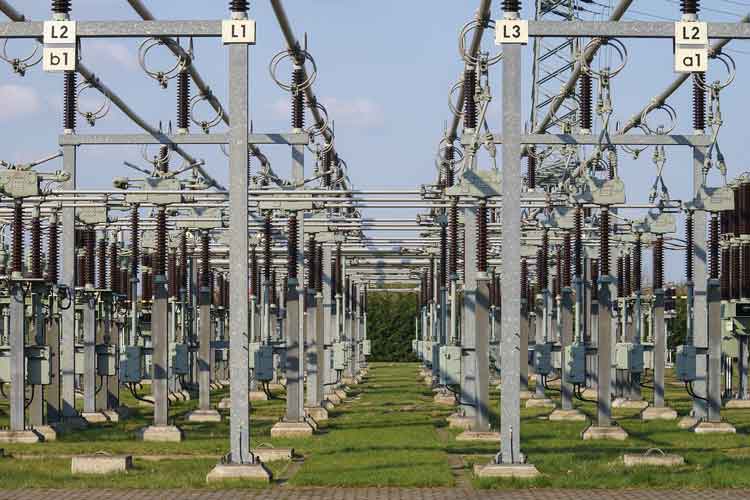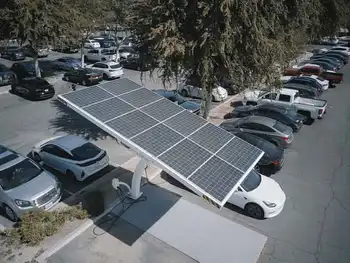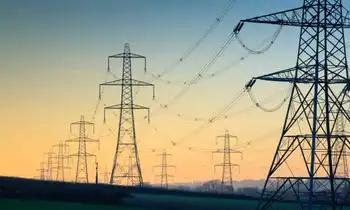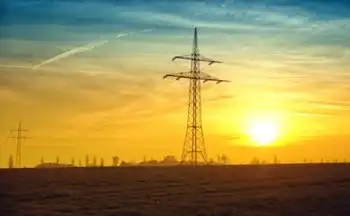For EV users, a way to share “juice”
SAN FRANCISCO, CALIFORNIA - First there was music sharing and then car sharing. Now get ready for plug sharing.
Xatori, a Silicon Valley software start-up, aims to create a network of electric car enthusiasts who make their household power outlets and home chargers available for drivers who need to top off their battery or who find themselves out of range of the few public-charging stations currently available.
Xatori has released PlugShare, a free iPhone app that lets drivers and outlet owners locate and offer electricity.
“We want to break down that barrier in people’s minds about where it’s acceptable to charge,” said Armen Petrosian, Xatori’s co-founder and chief technology officer. “We think the infrastructure to charge is everywhere.”
Drivers can punch in their destination to see the availability of shared outlets as well as public charging stations along their route.
People who want to share their electricity indicate what type of outlet or charger they have, how to gain access and their preferred method of contact. Given that most outlets are located in locked garages or otherwise behind closed doors, Xatori expects plug sharers will ask drivers to schedule a time to charge by calling or sending a text message.
“I think a big positive of using the app is that you get to connect with other EV owners,” said Mr. Petrosian.
In other words, think of PlugShare as a combination of FaceBook and Foursquare, the location-based service, for electric car owners and their supporters.
“People who don’t own an electric car can be part of the electric vehicle revolution,” said Forrest North, Xatori’s chief executive and the founder of Mission Motors, a San Francisco start-up developing an electric motorcycle.
But how much is it going to cost to take part in this revolution if the revolutionaries are giving away their power?
Not much, according to XatoriÂ’s founders, who believe that most people will share their standard 110-volt household outlets. In the San Francisco Bay Area, for instance, they say itÂ’ll cost on average about 15 cents an hour to charge an electric car. Under a variable rate structure, that cost could go up if a household is a particularly heavy electricity user.
“This is more like a backup network, like AAA,” said Mr. Petrosian, who says he has a battery-powered Nissan Leaf on order. “Most of the time you’ll drive on energy from your own house. If you miscalculate, you can rely on the community.”
Given that it can take as long as 18 hours to fully charge a battery with a standard 110-volt household outlet, XatoriÂ’s founders expect most people to just plug in for an hour or so to extend their vehicleÂ’s range by a few miles.
But they acknowledge that will probably change as more electric cars come on the market and owners install so-called Level 2 home chargers that cut charging times but consume far more electricity.
So far though, there are relatively few electric cars on the road, even in the environmentally conscious Bay Area. IÂ’ve spotted two Chevrolet Volts in my hometown of Berkeley in recent weeks and Tesla Roadsters are not an uncommon sight, but the Leaf has yet to replace the ubiquitous Toyota Prius hybrid.
Glenn Nunez, a woodworker who lives in the Oakland, Calif., suburb of Piedmont, has been testing PlugShare and said heÂ’s not worried that sharing his power outlet will pump up his electricity bill.
“Someone will come here and use it for a half-hour or an hour and that’s 20 cents worth of electricity and then I’ll pay it forward and go to someone and use their charger,” said Mr. Nunez, who said has ordered a Nissan Leaf. “It’s democratizing the electric car.”
Related News
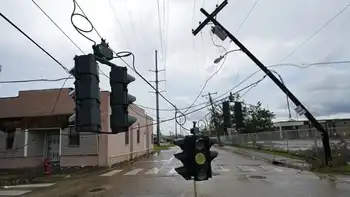
Louisiana power grid needs 'complete rebuild' after Hurricane Laura, restoration to take weeks
LAKE CHARLES - The main power utility for southwest Louisiana will need to "rebuild" the region's grid after Hurricane Laura blasted the region with 150 mph winds last week, top officials said.
The Category 4 hurricane made landfall last Thursday just south of Lake Charles near Cameron, damaging or destroying thousands of electric poles as well as leaving "catastrophic damages" to the transmission system for southwest Louisiana.
“This is not a restoration," Entergy Louisiana president and CEO Phillip May said in a statement. "It’s almost a complete rebuild of our transmission and distribution system that serves Calcasieu and Cameron parishes.”
According to Entergy,…

